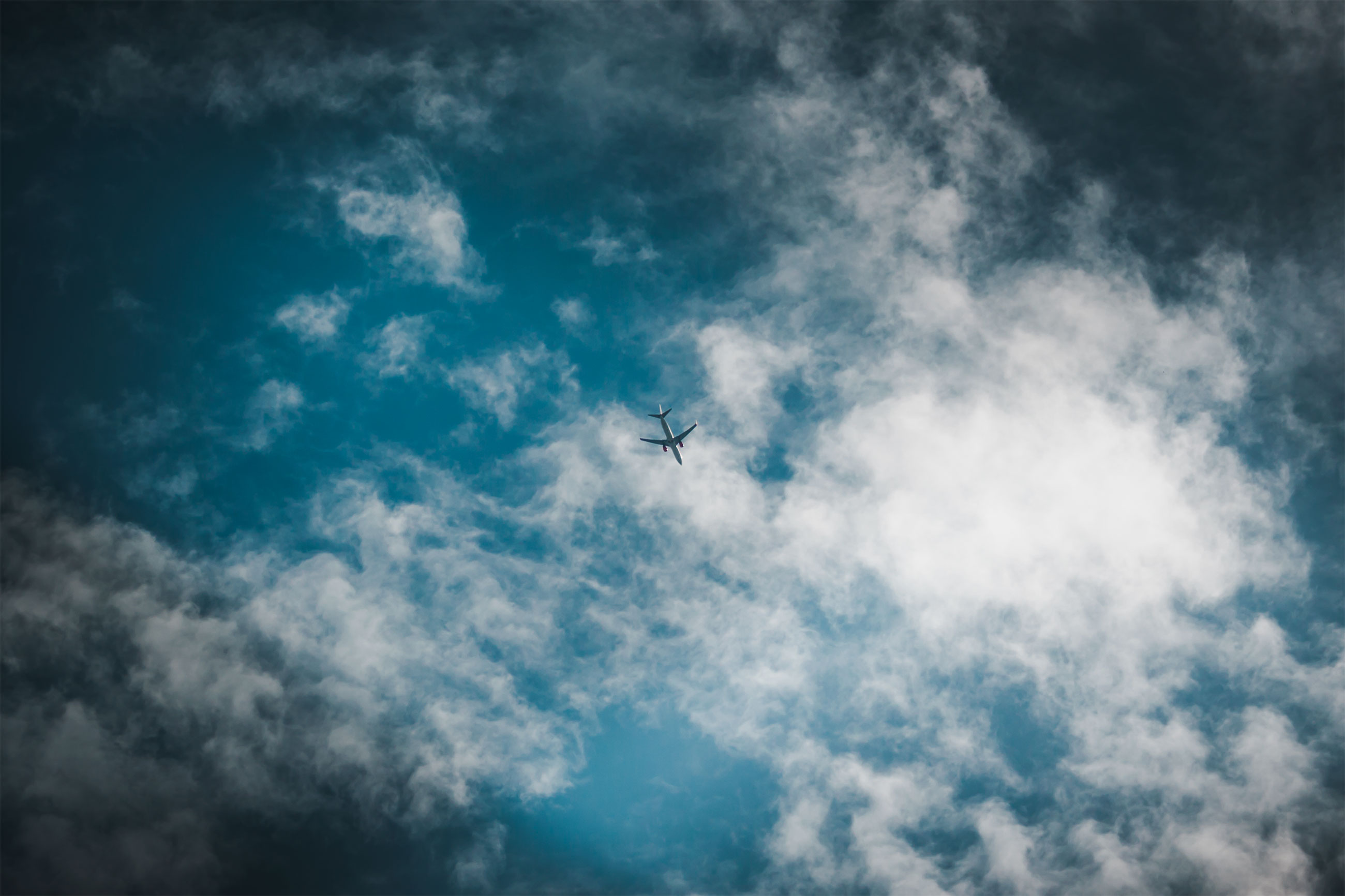The industry is on the right path to achieving its aim of lowering carbon emissions to 50% of 2005 levels by 2050.
IATA Director General and CEO Alexandre de Juniac praised the aviation industry as the organization reaffirmed its commitment to building a sustainable future for the sector.
Marking the 10th anniversary of a joint strategy agreement for reducing carbon emissions at the Air Transport Action Group (ATAG) Global Sustainable Aviation Summit in Geneva, de Juniac said the industry could be proud of its efforts in tackling carbon emissions.
«Ten years ago, the entire aviation sector committed to a joint strategy for carbon-neutral growth and to work towards a carbon-free future. That was a daring goal. But with hard work and solid commitment of industry and government, carbon-neutral growth from 2020 will be a reality,» he told delegates.
«And we are already looking beyond. By 2050 we will cut our net emissions to half 2005 levels.»
With hard work and solid commitment of industry and government, carbon-neutral growth from 2020 will be a reality
Industry leaders from the airline, airport, air navigation and aviation manufacturing signed a declaration aimed at carbon reduction in 2008, with oil prices at historic highs following the financial crisis that year.
The declaration has seen flying become 20% more fuel efficient since, and the four pillars of the plan—new technologies (including sustainable aviation fuels), operational improvements, effective use of infrastructure a single global market-based measure—have played leading roles in achieving such results.
A historic agreement reached at the International Civil Aviation Organization (ICAO) Assembly in 2016—the Carbon Offsetting and Reduction Scheme for International Aviation (CORSIA)—will facilitate carbon-neutral growth from 2020.
Commenting on the need to implement CORSIA across the globe, de Juniac said: «Persuading more states to volunteer for CORSIA is important. In tandem, we are working with governments to prevent actions that undermine the agreement, such as the unilateral implementation of environmental taxes.
«The ICAO Assembly next year provides an opportunity for governments to reaffirm CORSIA as the single global measure for aviation climate mitigation. It’s a top priority for CORSIA to be effective.»
The industry is ready for the next step-change in technology in the 2030s: hybrid and electric planes, and the large-scale rollout of sustainable fuels
De Juniac also said that although reducing carbon emissions to 50% of 2005 levels by 2050 will be challenging, the industry is on the right path to achieving its aim.



